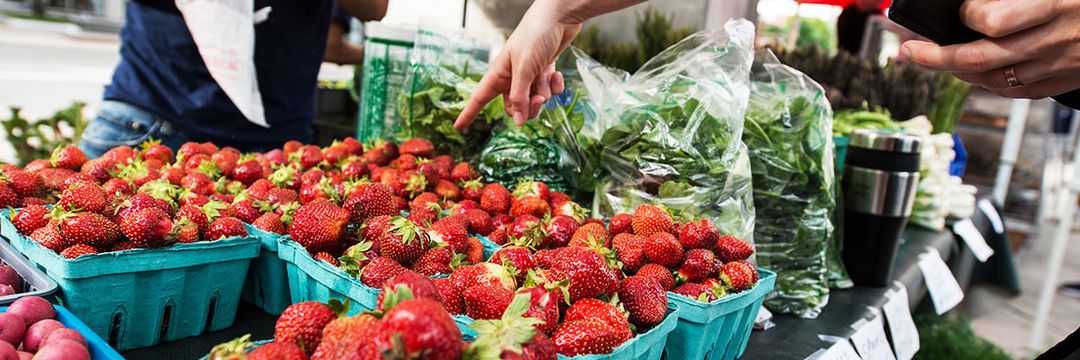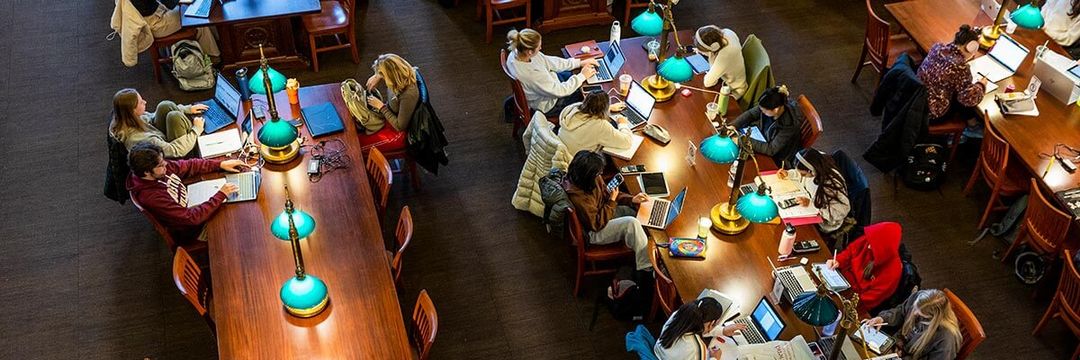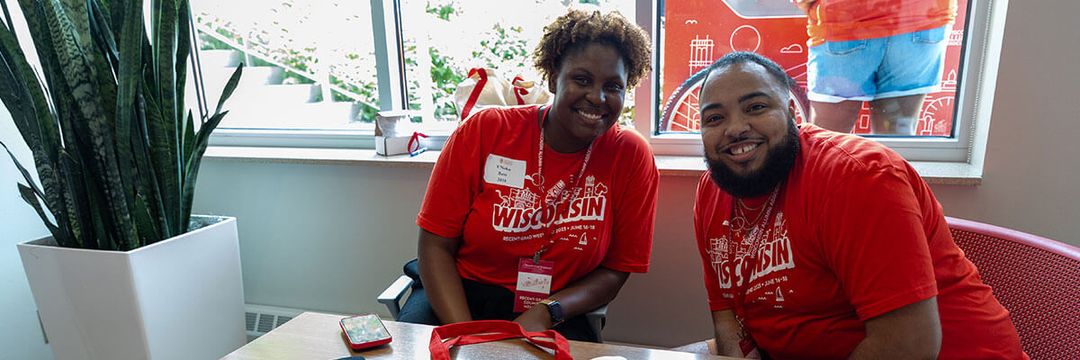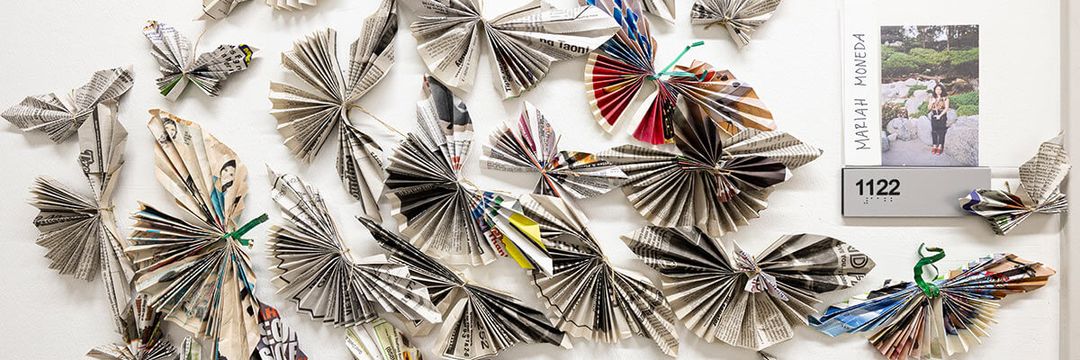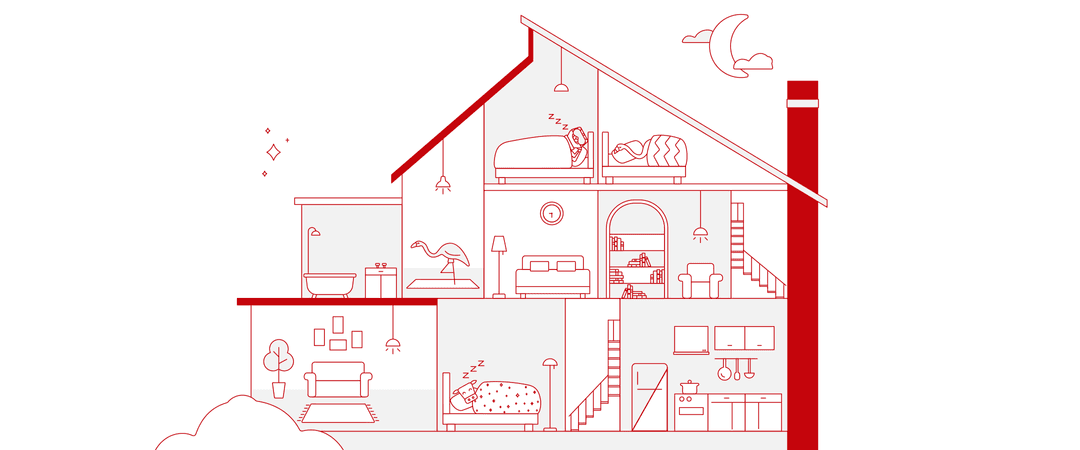Felix Savino PhD’87 has been helping students be more comfortable on campus since he first came to the UW in 1979. He started as a student affairs coordinator for Sellery Hall and worked for University Housing for a decade. After earning his doctorate in counseling psychology, Savino joined the Dean of Students Office and split his time between health promotion and mental health services. He’s been a full-time staff psychologist for University Health Services (UHS) since 1996 and now serves as a training director for UHS’s mental health services.
Whether he’s preparing future therapists, working with individual patients, or focusing on his own mental health, Savino emphasizes balance. “Many decades ago, I learned a phrase: ‘Good psychological well-being is the capacity for love, work, and play.’ ” He expands on that idea with three priorities key to the pursuit of happiness: “the capacity to give and receive love for the people that are important to you; the ability to be productive; and the capacity to enjoy life.”
Hear more from Savino about his efforts to help students thrive academically and holistically.
What made you want to get involved in student affairs and stay with it for so long?
I think it’s a population that fits who I am. The impact of a university experience is very powerful in most people’s lives. It can also be a negative impact. Being a student sometimes can create a level of stress and competition, and having some capacity to help alleviate that is one of the things that has motivated me.
My other identity is very heavily involved in training and supervision. It is my passion. … Being able to train future therapists and counselors and psychologists and watching the growth of young professionals as they enter the field — it’s incredibly gratifying.
After having done this work for a long time now, there’s no such thing as a typical year. No matter what area of student affairs you work in, it is like my own reality show. It just changes year to year to year. You can never get bored. It’s a little bit like parenting. Every time you adjust to one stage of development of your child, you have to readjust to the new one because they keep growing and changing.
Have you noticed a shift in the challenges that students of different generations face?
I think that as the university tries to create a greater sense of belonging, there’s a camaraderie and a sense of connection. Now all of that has been made worse by COVID. All of that has been made worse by acts of racism and homophobia and things like antisemitism and Islamophobia. All of these things that are part of the world impact our students, as well.
What I’m most proud of is that this university, for the most part, has always had an ethic of caring. We care for one another, whether it was when I started in 1979 or whether it is today. We want to find somebody that has your back, that supports you. I think those are some of the things that I’ve seen. I do think the needs are much greater now than let’s say they were 30 years ago. I think you can never have enough resources to meet all the needs of all the people all the time. That just doesn’t happen. But we’re making sure that we try to find the best fit for where people are at.
You’ve described yourself as an “ally in the pursuit of happiness.” What does that mean?
The pursuit of happiness is not just the avoidance of pain, but when you’re having a day where you feel like you’re blossoming, you’re thriving, you’re growing — what does that look like? And it’s not a permanent state. It’s a journey. You don’t achieve happiness, but you work towards it.
The idea is, in general, what is the definition of happiness? And it is very individually based, and it’s usually based on your particular values and in how you live your life. Some of the research on happiness is also related to what makes you content. What helps you become more optimistic in a world that often feels very threatening and dangerous? How do you create hope for the future? How do you stay resilient in the face of what feels like overwhelming bad news, whether it’s at the international or national level or locally? Because bad things do happen to good people, and part of [resilience] is navigating that.
What do you think are some of the key areas to focus on in this pursuit?
For me, this is reflective of a lot of our wellness approaches. For example, from a strictly behavioral point of view, please, eat well. Sleep well. Exercise, if that’s part of who you are. Do things that create a sense of health for yourself, both physically and mentally. There is no separation between mind and body.
For many students, I do know that loneliness is a significant contributor to distress. Stay connected with people who make you feel good about yourself and nurture vital relationships. Be both the person who asks for help, but also somebody who gives help.
From an insight-oriented perspective, be true to yourself. Find a space where you can be you, versus having to put on a social image of how you expect other people to view you. The more you’re connected to your internal self, the more real your life feels.
What brings you happiness?
Honestly, I try to live one day at a time. I’m sort of a naturally optimistic person. What brings me happiness are actually kind of simple things: having good conversations with people, a nice cup of coffee somewhere, being able to go for walks. Very basic things that, on a day-to-day basis, feel like they matter to me. They’re consistent with my values.
[Also] making sure that I’m productive. I’m still working at 68 because going to work is fun. I’m one of those weird people that on a Sunday night, I’m like, “I can’t wait to go to work tomorrow.” I have a very happy home life, so I do enjoy that. And then making the best of times because time waits for no one.



